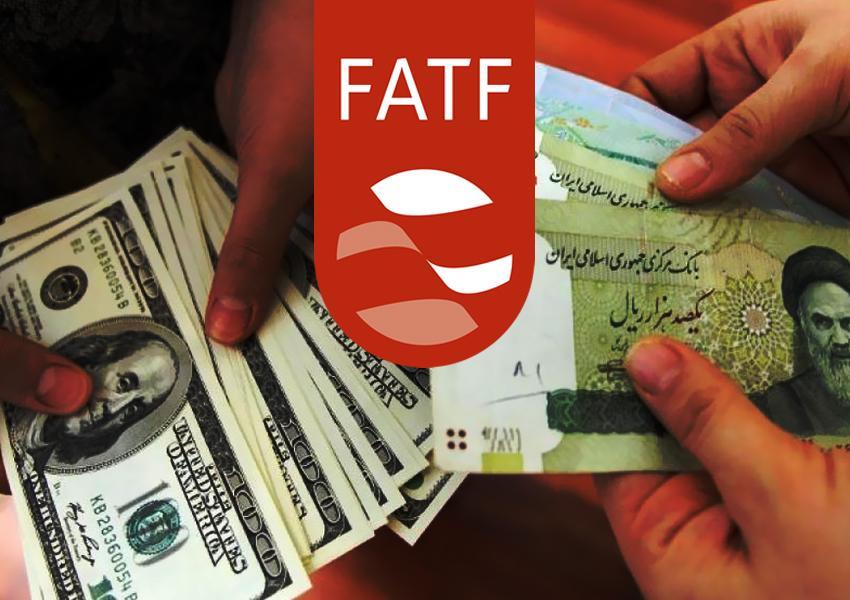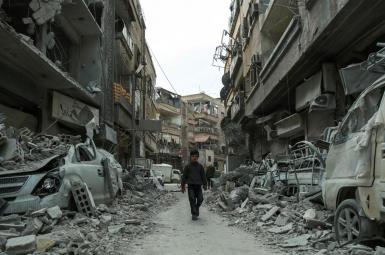
Iran back on FATF blacklist
The Financial Action Task Force (FATF), the international group in charge of combatting money laundering and terrorism financing, released a statement announcing that it has ended the suspension of countermeasures against the Islamic Republic and has once again added Iran to its blacklist.
The decision was announced on Friday after Iran failed to pass two remaining FATF bills at the end of its three-year deadline.
Iran’s name was temporarily removed from the FATF blacklist after the nuclear deal, also known as the Joint Comprehensive Plan of Action (JCPOA), with the condition that the country would pass the necessary FATF bills to combat money laundering and terrorism financing.
Adding Iran to the blacklist means that all Iranian companies and the companies that work with Iran, including banks, go through much stricter auditing.
The FATF has also asked its members to implement countermeasures against Iran, however, the countries have been given the choice of implementing their own independent measures.
According to the Wall Street Journal, FATF’s decision comes as the European countries start to support US policies regarding Iran.
Out of four FATF bills, two were passed in Iran’s parliament and the other two, one about joining the UN’s Palermo convention to fight international organized crime and the other to join the CFT (Combat Financing Terrorism) convention, were not approved.
The president of Iran’s Central Bank, Abdol-Naser Hemmati, in his first reaction to the FATF decision, called it a “political” decision based on “nitpicking”, and claimed that this decision will cause no problems for Iran’s foreign trade and the stability of currency rates.
However, President Rouhani’s chief of staff, Mahmoud Vaezi, had previously said that entering the FATF blacklist will cause more problems for Iran. The spokesperson for the government, Ali Rabiei, had previously compared it to “closing the country’s doors and turning into an Island under siege.”








